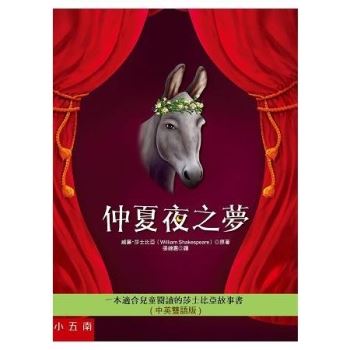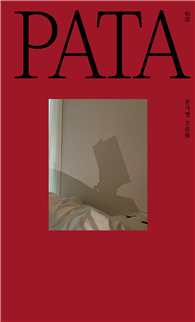Postcolonial African migration to the West is not only a spatial movement in search of material and physical security but also an expression of the mimetic desire for being by imitating the West or "whitening" oneself against the background of the dehumanizing historical legacies of slavery, colonialism, and Western dominance. It is a flight from oneself, from perceived inadequacies. To migrate to the West is an expression of the desire for being, not through detachment from the "fascinating" West but rather through adoration and imitation of its lifestyle, beauty ideals, and soft and hard power, and by living in the West. The model (the West) builds ubiquitous anti-migrant physical and virtual fences, which the imitator tries to overcome. The more the model re-strengthens these fences, the more the imitator tries to scale them. The anti-migrant fences are the meeting point of the model’s perceived superiority, admirability, and desirability on the one hand, and on the other hand the imitator’s inferiority complex and inner tension between the paradoxical desire for detachment from the model and its passionate imitation at the same time. This book argues that African migration to the West will continue even in the absence of poverty, conflicts, and climate change because it is also about the mimetic desire for being.
| FindBook |
有 1 項符合
Postcolonial African Migration to the West: A Mimetic Desire for Being的圖書 |
 |
Postcolonial African Migration to the West: A Mimetic Desire for Being 作者:Gebrewold 出版社:Palgrave MacMillan 出版日期:2024-07-05 語言:英文 規格:精裝 / 普通級/ 初版 |
| 圖書館借閱 |
| 國家圖書館 | 全國圖書書目資訊網 | 國立公共資訊圖書館 | 電子書服務平台 | MetaCat 跨館整合查詢 |
| 臺北市立圖書館 | 新北市立圖書館 | 基隆市公共圖書館 | 桃園市立圖書館 | 新竹縣公共圖書館 |
| 苗栗縣立圖書館 | 臺中市立圖書館 | 彰化縣公共圖書館 | 南投縣文化局 | 雲林縣公共圖書館 |
| 嘉義縣圖書館 | 臺南市立圖書館 | 高雄市立圖書館 | 屏東縣公共圖書館 | 宜蘭縣公共圖書館 |
| 花蓮縣文化局 | 臺東縣文化處 |
|
|
圖書介紹 - 資料來源:博客來 評分:
圖書名稱:Postcolonial African Migration to the West: A Mimetic Desire for Being
內容簡介
作者簡介
Belachew Gebrewold is a professor of International Relations and the Head of Department and Studies of Social Work and Social Policy at MCI, Innsbruck, Austria. His main research areas are African politics, conflicts and migration. His publications include various peer-reviewed articles, monographs and edited volumes such as Africa and Fortress Europe, 2007; Anatomy of Violence, 2009; Global Security Triangle, 2010; Understanding Migrant Decisions, 2016; Human Trafficking and Exploitation, 2017. He was also a member of the steering committee of the UN Global Compact for Regular, Safe and Orderly Migration preparatory process in 2017.
|









